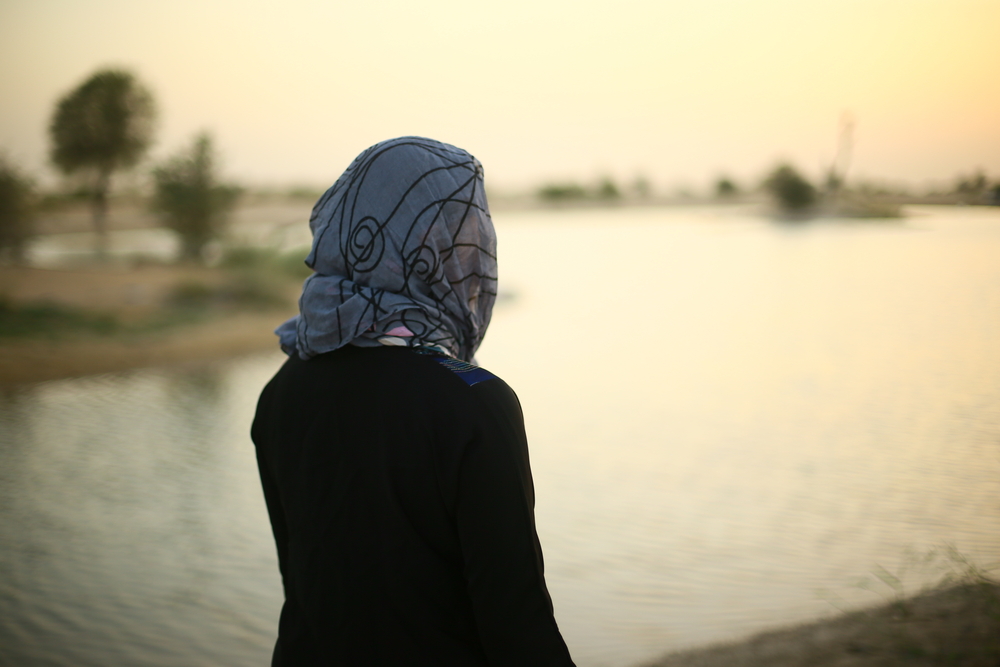Are Women Ontologically Inferior to Men?
Answered by Shaykh Salman Younas
Question
If we follow the opinion that Eve was created from Adam’s rib or “from a rib,” what does this story imply? Are women ontologically inferior to men because they were made ‘from’ them-and, not separately?
Answer
The soundest narration concerning this matter is that Hawa was created “from a rib,” as related by al-Bukhari. There is no explicit narration from the Prophet (blessings upon him) that she was created from “the rib of Adam.” However, there are reports in this regard, possibly Israiliyat in origin, from some of the Companions.
Some scholars understood the creation of Hawa from “a rib” or “the rib of Adam” as being literal and affirmed by the Qur’anic verse, “Fear your Lord Who created you from one soul, and created from it its mate.” [Quran, 4:1] Others said it was a symbolic reference to: (a) being “like” a rib or (b) to mean that Adam saw her created in the direction of his left side.
Even when taken literally, it does not necessarily mean that a woman is ontologically inferior to a man. Instead, it is plausibly read as a reference to an attribute of the female without asserting the superiority of one gender over the other. It is also read as conveying the idea of a man and woman being created as members of the same species so that there may be tranquility between them, as indicated in verse, “He created for you from yourselves mates that you may find tranquillity in them.” [Quran, 30:21]
Check these link:
Does a Woman Have an Inferior Position Compared to Her Husband?
[Ustadh] Salman Younas
Checked and Approved by Shaykh Faraz Rabbani
Born and raised in New York, Ustadh Salman Younas graduated from Stony Brook University with a degree in Political Science and Religious Studies. After studying the Islamic sciences online and with local scholars in New York, Ustadh Salman moved to Amman. There he studied Islamic law, legal methodology, belief, hadith methodology, logic, Arabic, and tafsir. He is now in his final year of his Ph.D. at Oxford University, looking at the early evolution of the Hanafi madhab.
His teachers include: Shaykh Faraz Rabbani, Shaykh Salah Abu’l Hajj, Shaykh Ashraf Muneeb, Shaykh Ahmad Hasanat, Shaykh Hamza Karamali, Shaykh Ahmad Snobar, Shaykh Ali Hani, Shaykh Hamza Bakri, Ustadh Rajab Harun and others.
Ustadh Salman’s personal interests include research into the fields of law/legal methodology, hadith, theology, as well as political theory, government, media, and ethics. He is also an avid traveler and book collector. He currently resides in the UK with his wife.
